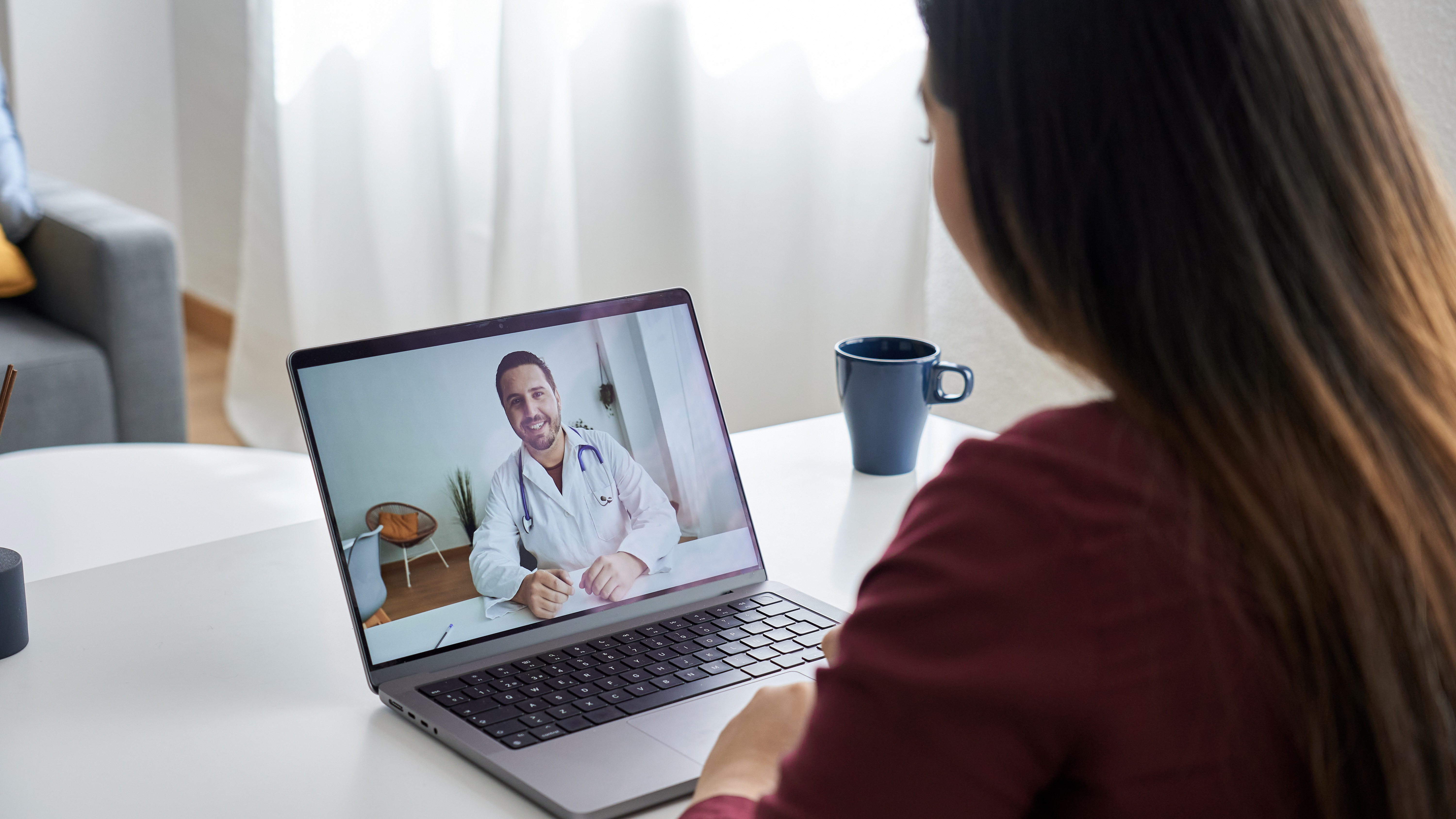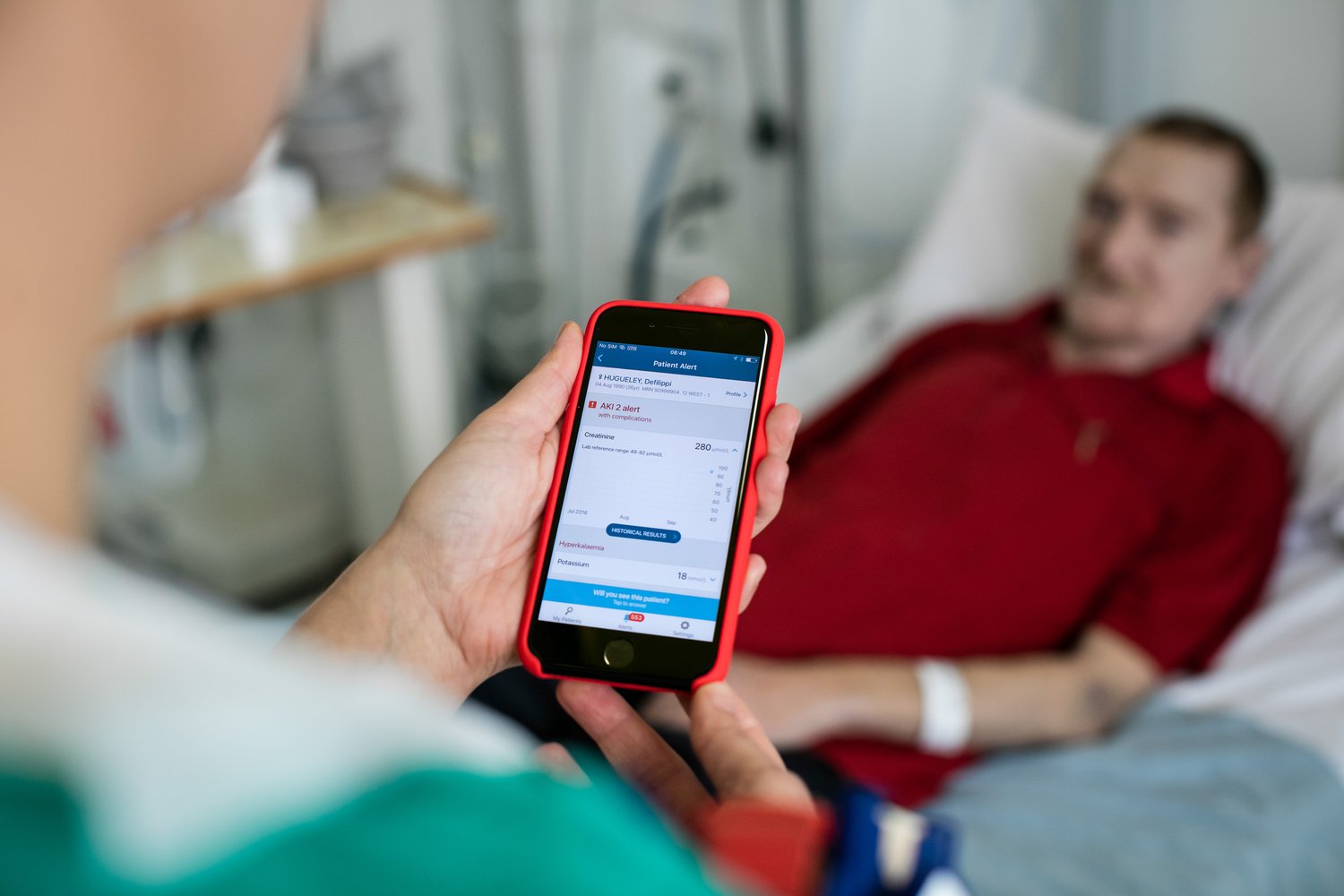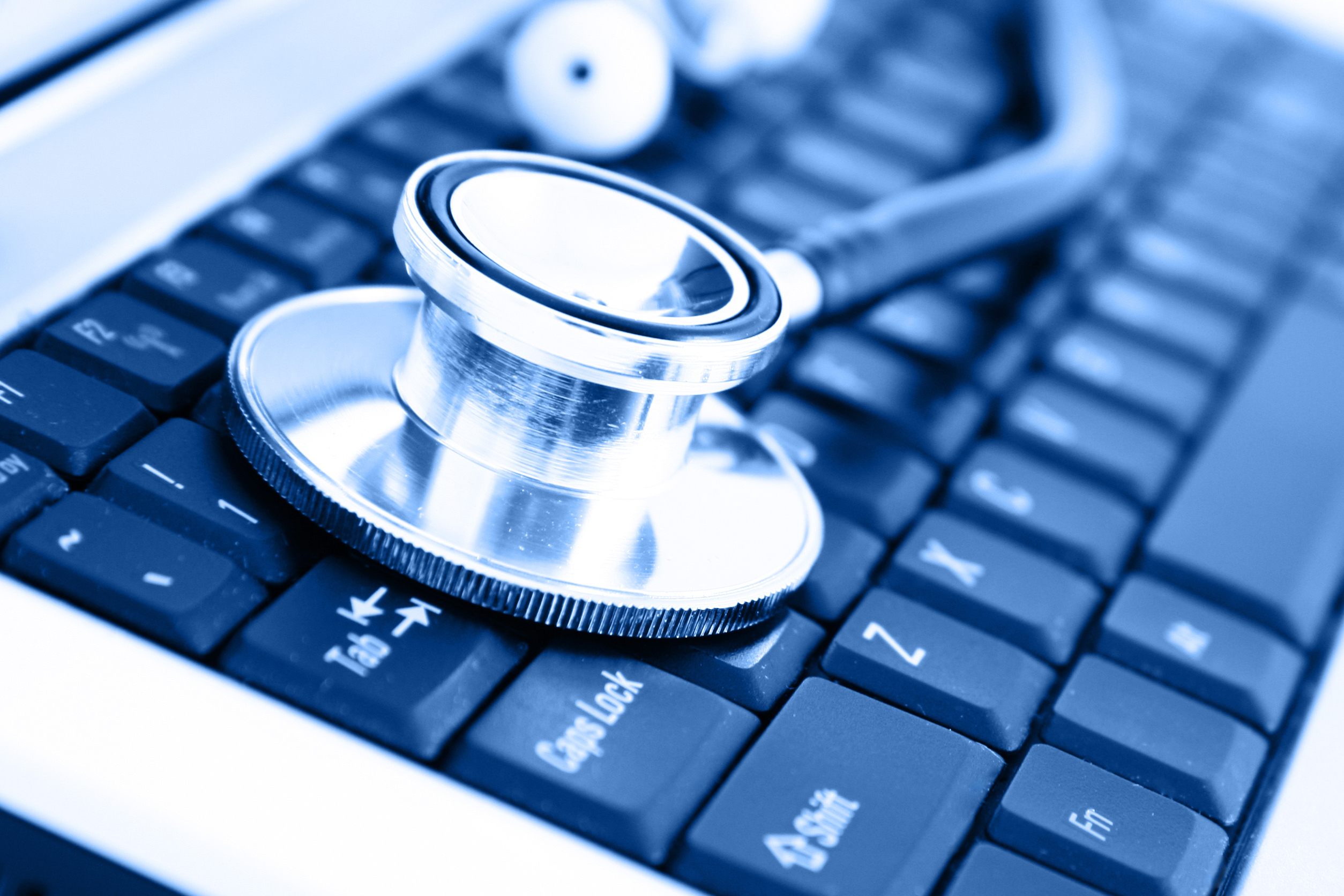Saving the NHS with tech: Doctors on-demand
Can technology cure Britain’s ailing healthcare service? Our three-part series examines how technology can lift Britain’s healthcare system out of its current crisis


Ask anyone in Britain and they’ll tell you the National Health Service (NHS) is in an unprecedented crisis. Leaving aside any political debate over what got us here, the raw data paints an unquestionably bleak picture for the centrally-funded single-payer system.
More than seven million people are now on waiting lists for treatment, up from 4.5 million at the start of the COVID-19 pandemic and from 2.5 million in 2010. The percentage of potential cancer patients seeing a consultant within a fortnight of referral has fallen to 80%, well below the 93% target. This is just a flavor of the predicament the health service is in, despite the phenomenal efforts of doctors, nurses and others.
READ MORE

Can technology help pull it out of freefall? Not by itself, as the NHS’s problems are too severe; they’re too complicated for silver-bullet solutions. Previous efforts to digitally transform the NHS, too, have fallen flat.
But a combination of new technologies might alleviate some of the strain. Drones delivering blood, virtual wards, and video appointments with GPs are examples of innovations that might lift Britain’s healthcare system out of crisis.
We’ve spoken to professionals, who’ve been implementing technological solutions to some of the NHS’s biggest problems, to find out why there’s still hope of resuscitating the ailing single-payer health service.
- Part one: Making blood deliveries by drone
- Part two: Hybrid healthcare and virtual wards
- Part three: Doctors on-demand
Using videoconferencing to lighten the load
The NHS crisis isn’t only restricted to hospitals. General practitioners (GPs) have also come under intense demand in recent years, as patient numbers have swelled, while the number of GPs has declined.
According to the British Medical Association (BMA), there are now the equivalent of 2,078 fewer fully qualified full-time GPs compared to September 2015. Fewer GPs are choosing to work full-time. And yet each practice has on average 2,224 more patients than it did in 2015.
Get the ITPro daily newsletter
Sign up today and you will receive a free copy of our Future Focus 2025 report - the leading guidance on AI, cybersecurity and other IT challenges as per 700+ senior executives

Stocks was commercial director at Livi until July 2023, having operated in various capacities at the company for four years. Since then, he has become the public sector lead at HelloSelf, an online therapy and life coaching service that’s building tools and services for mental health.
To help prevent GP surgeries from being overwhelmed, remote GP services such as Livi have emerged, allowing patients to get access to a doctor that they might otherwise have to wait weeks to see. Livi can be commissioned by integrated care boards (ICBs) that cover an entire area or by individual practices that are short on GPs.
Patients are urged to book appointments with the Livi app, where they are asked to choose from a list of symptoms they might be experiencing. If it’s a condition that can be dealt with remotely, the patient is booked in for a video consultation with a GP, all of whom are fully qualified GMC-registered clinicians who still work in general practice.
“85% of patients are seen within two hours,” says Karl Stocks, who was commercial director at Livi at the time of writing. Stocks is, at the time of publication, the public sector lead at HelloSelf.
Embracing digital doctors
The Livi GPs have full access to patients’ medical records and they can book blood tests and make referrals just like a practice GP can. Stocks said that around a third of the cases dealt with by Livi GPs are managing long-term conditions, suggesting it’s not just minor ailments that Livi takes off a GP practice’s caseload.
“We’ve got some examples where a number of practices would have closed down if we hadn’t been able to provide that remote service,” says Stocks.
“Some of the remote services that we’ve done have also enabled practices to stay open whilst they find a more long-term solution to fit their population and the requirement there.
READ MORE IN OUR SERIES
"It’s definitely about making sure that we can provide that resilience to general practice, which it probably doesn’t have at the moment.”
Stocks admits there’s some resistance to virtual appointments, especially among the older demographics. However, it seems almost inevitable that remote access to healthcare professionals will become the norm.
In the past year alone, Livi has seen growth of 90%, now handling in excess of 300,000 appointments every month. “There are a number of instances where that where we’re starting to see digital-first primary care centers start to pop up,” says Stocks.
“I think GPs are probably only the first step. I think what we will probably start to see – and we’re exploring this more as well – is what can other healthcare professionals also start to put on the platform?”
Barry Collins is an experienced IT journalist who specialises in Windows, Mac, broadband and more. He's a former editor of PC Pro magazine, and has contributed to many national newspapers, magazines and websites in a career that has spanned over 20 years. You may have seen Barry as a tech pundit on television and radio, including BBC Newsnight, the Chris Evans Show and ITN News at Ten.
-
 Meta just revived plans to train AI models using European user data
Meta just revived plans to train AI models using European user dataNews Meta has confirmed plans to train AI models using European users’ public content and conversations with its Meta AI chatbot.
By Nicole Kobie
-
 AI is helping bad bots take over the internet
AI is helping bad bots take over the internetNews Automated bot traffic has surpassed human activity for the first time in a decade, according to Imperva
By Bobby Hellard
-
 DeepMind's co-founder says access to NHS data is essential
DeepMind's co-founder says access to NHS data is essentialNews Mustafa Suleyman responds to critics of NHS data-sharing
By Dale Walker
-
 Government introduces data-driven health plan
Government introduces data-driven health planNews The Personalised Health and Care 2020 strategy will embrace technology in patient care
By Clare Hopping
-
 Microsoft preps NHS for Windows XP upgrades
Microsoft preps NHS for Windows XP upgradesNews Software giant's new authentication software will allow NHS workers to use Windows 7 and 8 machines to access patient data via Spine.
By Lindsay Vormack
-
 Week in review: NHS loses data again, mobile for the tube?
Week in review: NHS loses data again, mobile for the tube?News This week, the NHS has yet again lost sensitive data on a USB stick, whilst Boris reignites talks about mobile access on the tube.
By Jennifer Scott
-
 Tories want local, third-party health records
Tories want local, third-party health recordsNews The Conservative Party believes localised records and third-party access is the way forward for NHS databases.
By Nicole Kobie
-
 Integrated reporting is music to NHS Trust's EARS
Integrated reporting is music to NHS Trust's EARSNews Gloucestershire Hospitals NHS Foundation Trust is creating an electronic annual reporting system to streamline Diabetes Retinopathy work.
By Miya Knights
